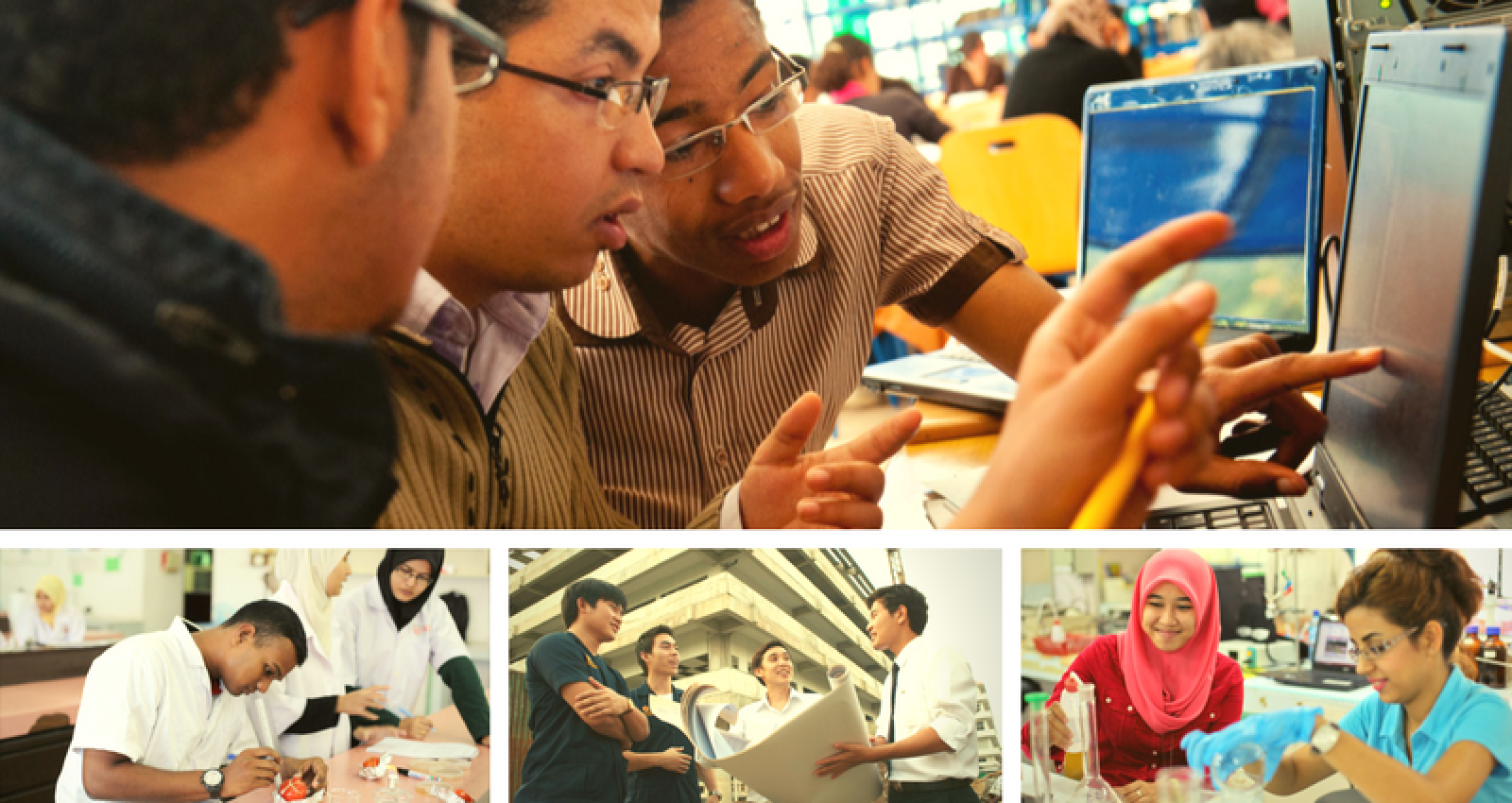Investing in Higher Education for Better Development
IEG's recent evaluation reflects a rich debate around the role of higher education in development.
IEG's recent evaluation reflects a rich debate around the role of higher education in development.
By: Caroline HeiderErik Bloom
The evaluation found that the Bank Group had a “healthy” higher education portfolio, generally with positive ratings. However, it also found that there is a lack of data about projects’ contribution to improve the quality and relevance of both higher education research and teaching.
Higher education is central to creating a knowledge economy and it is critical for economic development in general.
However, in most countries, higher education (and especially university education) remains expensive. Policymakers and development partners need to weigh the costs and benefits of investing in higher education compared to any number of alternative investments.
Recent years have seen a large growth in school enrollment, which has inevitably led to a dramatic increase in secondary graduates in many countries. In turn, the demand for university education has exploded.
Coinciding with this trend has been the growing appreciation of the role of knowledge in global competitiveness. High levels of education are assumed to help step on the ladder of increased productivity and growth, and hence help individuals participate in economic growth. This has resulted in growing demand for and support to higher education. Many development partners have increased allocations; in some cases restarting their engagement after several decades.
Over the last decade, the World Bank Group has invested nearly $13 billion in supporting the higher education sector. Of this, $721.8 million was committed by IFC, the Bank Group’s private sector lending arm.
The Independent Evaluation Group's (IEG) recent evaluation reflects a rich debate around the role of higher education in development. Does it exacerbate inequality? Does it improve the quality of economic growth? There are a wide range of opinions on how to ensure that there are opportunities for all to study and the merits of private university education. What is the right mix of investment?
In higher education, the World Bank concentrates its support to larger, research-orientated universities. These are often elite institutions, enrolling top students and leading research at the local, national, and international levels. For example, in Vietnam, the World Bank targeted its support to a defined number of top public universities. Most World Bank tertiary education projects provide grants directly to universities; the World Bank provides a loan to the Ministry of Education or similar institutions. These grants are based on a plan that universities prepared. The International Finance Corporation (IFC) had a somewhat different approach. Much of the IFC’s support was targeted towards “middle-class” universities. These institutions tended to admit students from more disadvantaged backgrounds that presumably would not be able to enter top, elite universities. The IFC provided support to financially sustainable institution with a minimum level of quality.
The evaluation found that the Bank Group had a “healthy” higher education portfolio, generally with positive ratings. However, it also found that there is a lack of data about projects’ contribution to improve the quality and relevance of both higher education research and teaching. The evaluation noted the importance of improving results framework in higher education projects. There was a clear lack of collaboration with other organizations that support higher education development.
Based on its findings, IEG offers several recommendations to improve the Bank Group’s support for higher education.


Comments
this is a very useful…
this is a very useful article.. want more from the writer
Add new comment